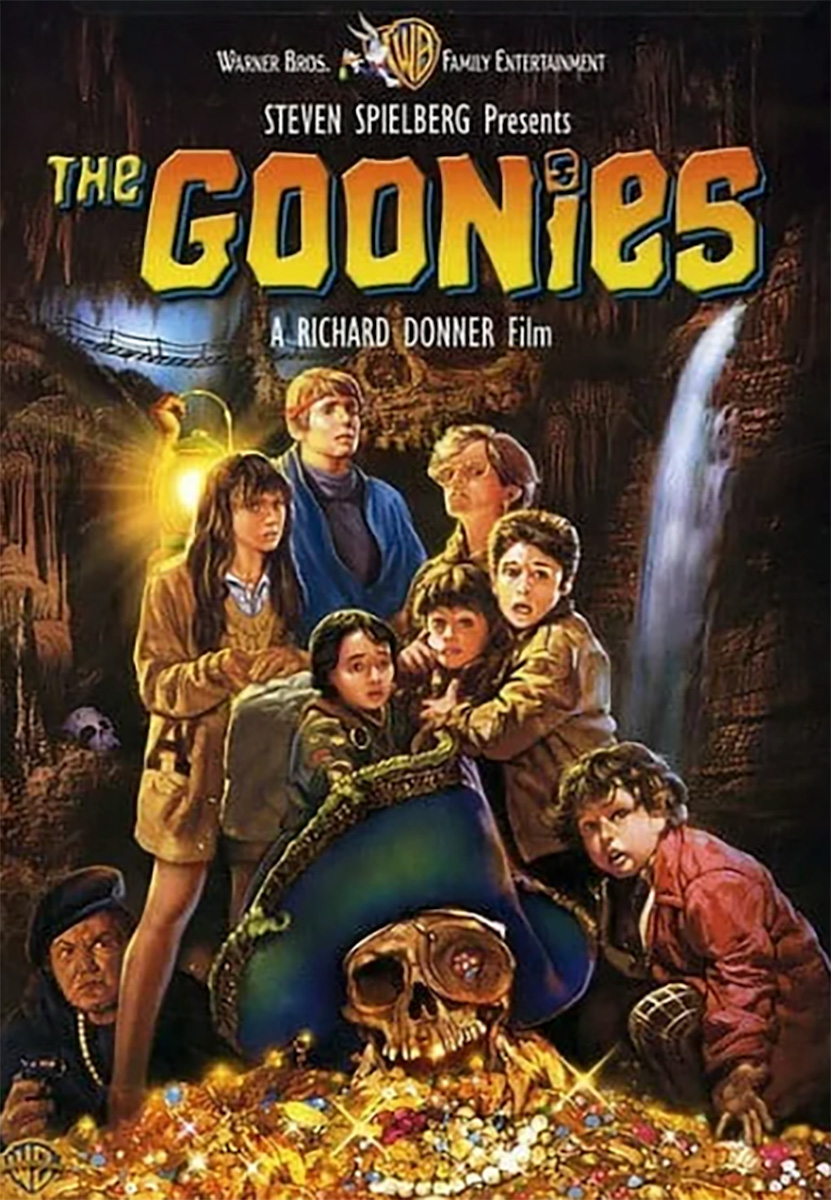 Janie Boschma
Janie BoschmaThe professor of my mass media and pop culture class started off the semester with an icebreaker.
“Let’s all get to know each other a little better!” she said excitedly. She then proceeded to run a PowerPoint slide show set to music. With our pictures in it.
Our Facebook pictures.
Drunken pictures. Quotes, too.
You could sense a cloud of panicked obscenities forming over our heads as we realized what was happening.
As scary as that was, even scarier is the fact that, essentially, everything that goes online is on the record. Forever. A record that’s convoluted, quasi-password-protected and vast beyond all capabilities of human imagining, but a record nonetheless (what, you don’t think those pictures you deleted three years ago are still out there? The Wayback Machine has been crawling the Web, archiving pages for public view since 1996. Better check there).
It may be by accident, or it may be by some geek at a computer trying to cause mass chaos just for the sake of doing it (and, of course, for a moment of cultural notoriety and a possible mention on “The Colbert Report”). But if you’ve typed it in or posted it, no matter how anonymous it seems to be, chances are that somewhere along the line, someone is going to find it and probably trace it back to you – if they haven’t already.
That is exactly what happened to 658,000 AOL Search users in August 2006. According to USA Today, some people at AOL decided to release all of these users’ search data to the public, assigning each user a number instead of a screen name.
As was inevitable, someone created a program to retrieve all the searches and sort them. The program’s site drew more than 100,000 visitors a day, snooping spouses and predator-tracking law enforcement officials alike.
Search engines keep track of personal information because it helps them target advertising to their audience, and many are secretive about how much information they keep and for how long. According to a story in Thursday’s New York Times, Google and Yahoo responded to European pressure and earlier this year promised to delete users’ personal data after 18 months and 13 months, respectively.
Conclusion: Your search engine knows you better than you know yourself.
Pray that no one else does.
Large corporate entities with questionable motives get busted too. Take, for example, WikiScanner.
In August, a hacker named Virgil Griffith released WikiScanner, a database that could be used to trace edits made to Wikipedia. Every computer has a unique IP address, which can be traced back to a location or, in some cases, to a company network. The magazine “Wired” compiled a list of some of these edits.
Someone on Wal-Mart’s network changed a sentence about the company’s low wages to read that its average pay was double the minimum wage. Elsewhere, a Diebold network user deleted paragraphs questioning the reliability of their voting machines and about the CEO’s fundraising efforts for President Bush. Someone in the office of former Sen. Conrad Burns of Montana changed the words “A controversial voice” to “A voice for farmers” in the senator’s entry.
WikiScanner is perfectly legal since IP addresses are public information. So even those who post anonymously can usually be traced by someone willing to put forth the effort. Something to keep in mind at places of employment.
As for search engines, it’s unethical to leave such huge amounts of information, often things people have searched for because they can’t trust them to another human being, vulnerable to exploitation. This is in serious need of government regulation, but don’t count on it until this wiretap-happy administration leaves office.
And on the topic of Facebook, my professor, senior lecturer Kelly Jo Wright of the communication and journalism department, had some thoughts on common sense in an interview with The Spectator on Feb. 27, 2006.
Wright had access to the pictures because she has a Facebook account.
“It’s so accessible and goes beyond the friends that you see on Water Street every Friday night,” she said. “Ask yourself, ‘would you want your mom to see them?'”
Personally, I don’t know if I can bring myself to clean it up quite that much. But I’m double-checking my privacy settings.






